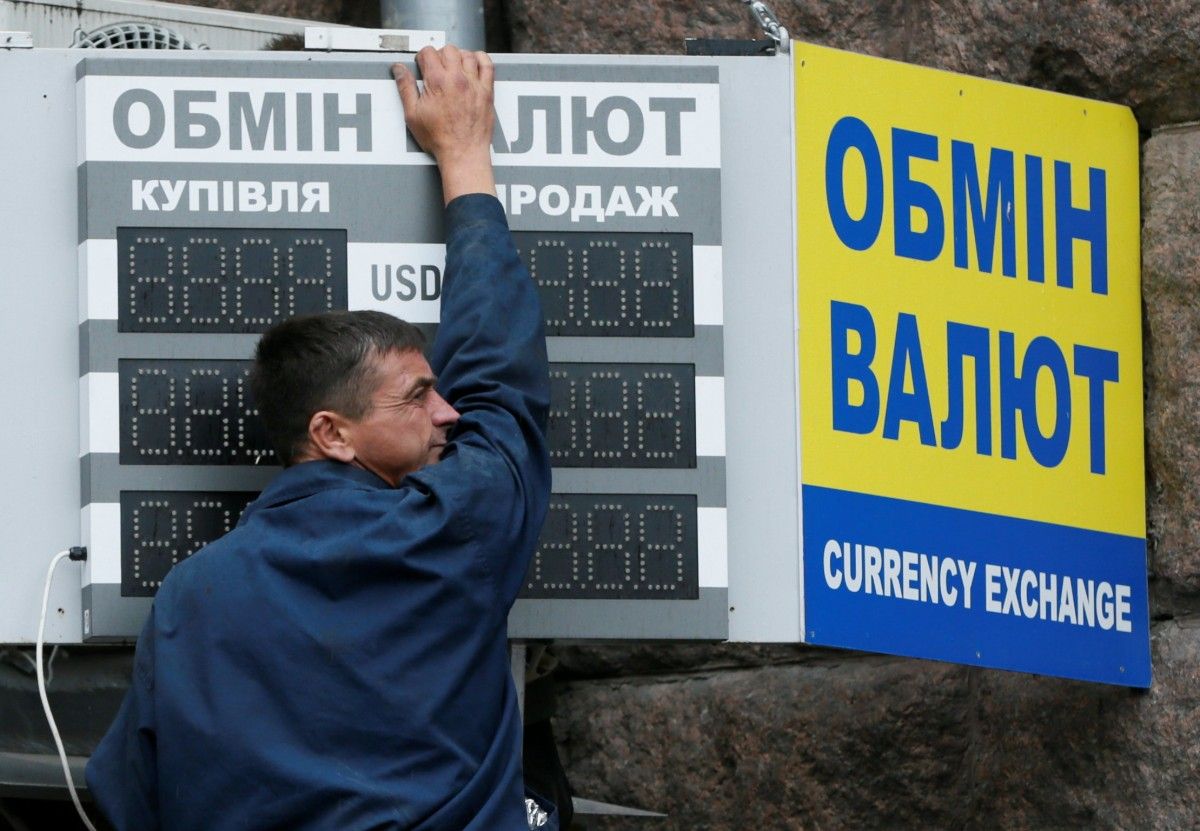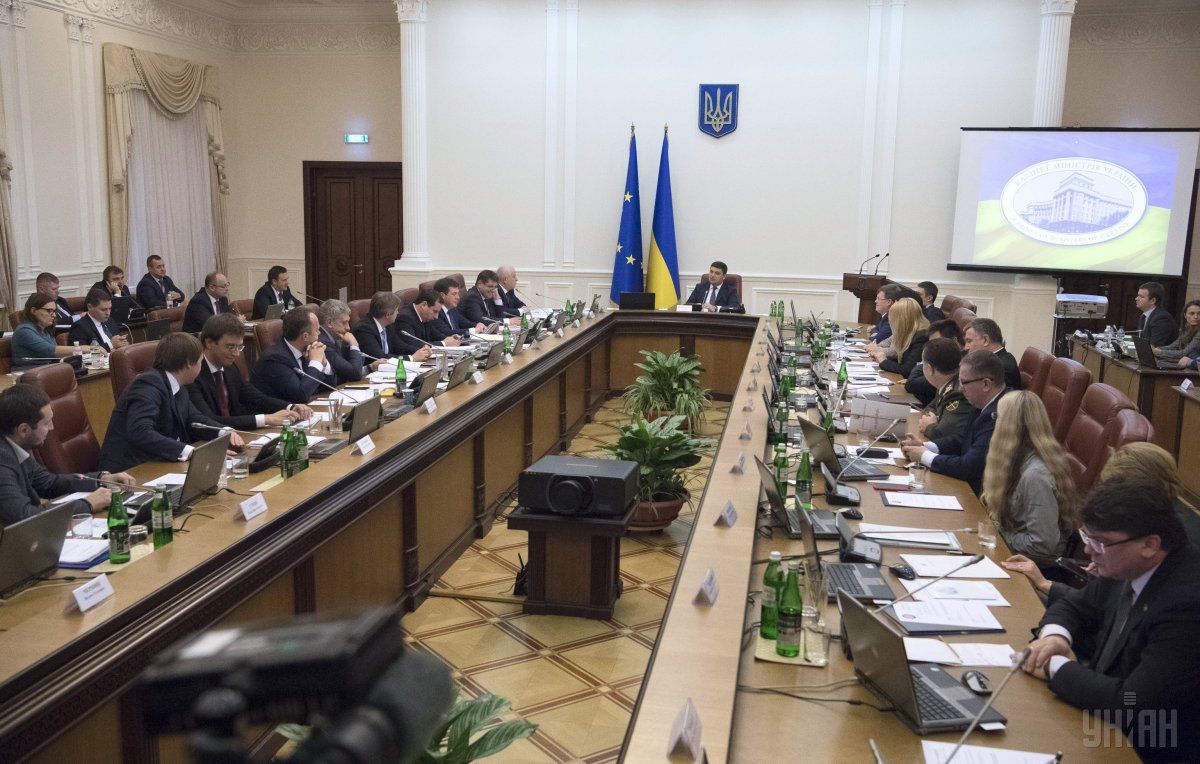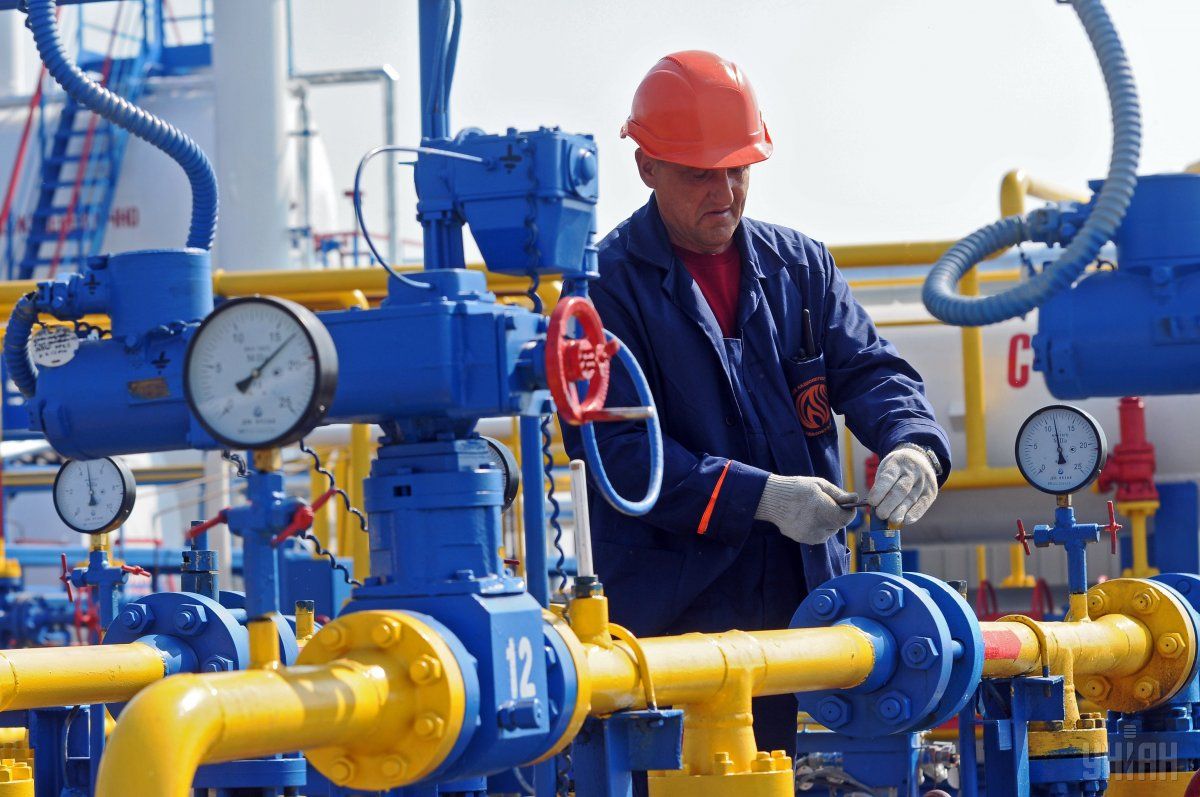
Week’s balance: Cabinet vows to create jobs, IMF promises decision soon, and hryvnia goes through storm
The National Bank went on the interbank market several times, selling foreign currency to support the falling hryvnia; the Government says it is up to create new jobs to fight unemployment and poverty; and the International Monetary Fund has promised to hold a meeting in the coming weeks on the allocation of another bailout tranche - these are the major economic events of the past week.
Both the Ukrainian markets and experts started to wake up from the protracted holiday period, returning to a usual working mode.
Economic experts first noted the landmark report by the State Statistics Service on the fall in inflation in 2016 to its 12.4% low, which is the best figure over the past three years. For comparison, in 2015 the inflation was reported at 43.3%, and in 2014 it was 25%.
According to the chief economist at Dragon Capital, Olena Belan, one of the key factors of growth of consumer prices in the past year were the utility tariffs rising by 47% by 2015. Over the past three years the gas price for Ukrainian households grew 8.6 times. According to expert estimates, the cost of central heating during this period increased fivefold (including by 88% in 2016), while the price of electricity - threefold (by 60% in 2016).
Meanwhile, food prices dynamics over the year was rather moderate: the inflation rate for this group of products in 2016 slowed down from 42% in 2015 to 3.3%. According to Belan, it was the record crops and increased supply of certain food products in the internal market as a result of trade barriers imposed by Russia, which helped avoid a sharp jump in prices in this segment.
Another topic actively discussed in the outgoing week was the decrease by the National Bank on January 4 of a limit of cash payments by individuals per day from UAH 150,000 to just UAH 50,000. This decision was supported by the Economic Development Ministry and the European Business Association, which believe that this step will reduce the share of shadow economy.
Experts of the EMA Ukrainian interbank association of members of payment systems have gone even further in this direction, proposing that the National Bank and the Government reduce the maximum amount of cash settlements down to UAH 25,000. Experts believe that it will contribute to achieving the goals set by the National Bank – the transition to a cashless economy.
At the beginning of the week, the World Bank has announced it maintains its forecast of a 2% growth of Ukraine’s economy in 2017, noting that the country's GDP will grow at the expense of progress in reforming the public finance system, the energy and banking sectors. The Ukrainian government adheres to the forecast of a 3% growth of the national economy this year.
Banking and monetary turbulence

This week was a difficult one for the Ukrainian financial sector. The NBU on January 11 introduced a temporary administration into yet another bank. This time, it was Platinum Bank, which is ranked 22nd in Ukraine in terms of assets. According to the regulator, it is estimated that 97% of Platinum depositors will have their deposits returned in full, because their size does not exceed the limit set by the Individual Deposits Guarantee Fund (UAH 200,000). In general, the Fund will secure payments in the amount of about UAH 4.8 billion.
Financial analyst Yehor Perelyhin predicts that this year some 10-15 troubled banks will leave the Ukrainian market, failing to fulfill the NBU requirements for recapitalization. "I think that today we can safely say that there will be no such bankfall as we saw both in 2015 and 2016 but 10-15 banks are potentially set to be withdrawn from the market," he said, recalling that in 2014-2016 the NBU recognized insolvent 81 banks.
Against this background, the hryvnia continued its decline. On Friday, January 13 quotes of the national currency against the U.S. dollar on the interbank forex market by the close of trading settled at UAH 27.65 / 27.75 / USD, while the spot market rates broke the mark of UAH 29 to the dollar.
Perelyhin predicts that by year-end, devaluation of the hryvnia against the dollar could reach 10-15% (to the level of UAH 30-31 / USD), and one of the reasons for the rate hike will be the nationalization of PrivatBank. The expert noted that as of today, the Ukrainians have no other alternative to maintain their purchasing power than buying foreign currency.
Deputy Head of the National Bank Oleh Churiy argues that there is no reason to panic as the increased volatility of the exchange rate at the beginning of the year is due to a decrease in supply of foreign currency as a result of the seasonal downturn in business activity, traditional for the first months of the year. In order to smooth out the excessive fluctuations, the regulator several times over this week intervened with forex sales.
Forex fluctuations can also be calmed by the next tranche under the International Monetary Fund’s EFF. This week, Ukraine got one step closer to finally getting it. IMF spokesman Gerry Rice said that the meeting of the Executive Board on allocating the fourth tranche of $1.3 billion will be held in a few weeks.
"We expect it [the meeting of the IMF Board on allocation of another tranche for Ukraine] to be [held] soon and in the coming weeks, and let me say why. Because we see good progress having been made on the policies needed to complete the third review under the IMF arrangement, which is an Extended Fund Facility of around $17.5 billion," said Rice.
The IMF spokesman added that for the successful completion of the third revision of the program, which precedes the allocation of the fourth tranche, Ukraine had to intensify its energy market reform.
Fight against poverty and unemployment

This week, the Cabinet held its first meeting in 2017. Prime Minister Volodymyr Groysman outlined key objectives for the year. "Our goal for 2017 is economic growth and determining conditions for increasing the salaries of Ukrainians," said Groysman.
He recalled that from the beginning of the year, the minimum salary in Ukraine was doubled to UAH 3,200 and noted that all employers were required to pay their employees accordingly. In this regard, the head of the Cabinet instructed Vice-Prime Minister Pavlo Rozenko to set up a special group to monitor the situation with the payment of wages.
At the same time, Groysman said that the improvement of public welfare will be achieved primarily through the creation of new jobs. "I'm not going to feed the employment service. I'm not going to feed the unemployed. But I'm going to give people jobs and a decent wage. Changing this philosophy should be on the agenda," said the head of government.
The Prime Minister also drew attention to the problem with the payment of shadow wages. "All of those who receive wages in envelopes will have no opportunity to receive a decent pension," he said.
According to Rozenko, of the 26 million people of working age (15 to 70 years of age) only about 16 million people are officially employed. The rest get shadow wages, which do not involve the payment of a single social contribution and do not fill the Pension Fund’s budget.
Power grid stability

Severe frosts, which came to Ukraine in early January, led experts to wonder, whether there are enough gas reserves to pass through the whole heating season, since initially the authorities expected a warmer winter. But the government was quick to assure that there was no reason for panic as the existing reserves should be sufficient.
"Today, the situation is absolutely stable. But it is necessary that we need to be feeling the pulse in order to properly and predictably complete the heating season and already start to prepare for the next season in terms of reserves - without lowering them and ensuring stability in any conditions," said Groysman.
Vice-Prime Minister in charge of energy issues Volodymyr Kistion noted that as of January 8, Ukraine has used only 22% of gas reserves and that "there is no Armageddon." In turn, Minister of Energy and Coal Industry Ihor Nasalik added that today there is some 1.9 million tonnes of coal in warehouses, and Ukraine has used only a small part of this bulk in the period of severe frost.
The encouraging forecast was echoed by a number of energy experts, who at the same time indicated a number of risks, which remain for a stable passage of the heating season.
Next week, U.S. Vice President Joseph Biden is set to pay a farewell visit to Kyiv to hold talks with the Ukrainian leaders. On Friday, January 20, the new American President, Donald J. Trump, will be sworn in, and with his coming into office, we will most certainly see plenty of new trends global politics and economy. On Tuesday, the Verkhovna Rada will start its work in 2017 after its winter holidays, and it should set the right tone for further reform in Ukraine. It's just the begining!
Nadia Burbela (UNIAN)

